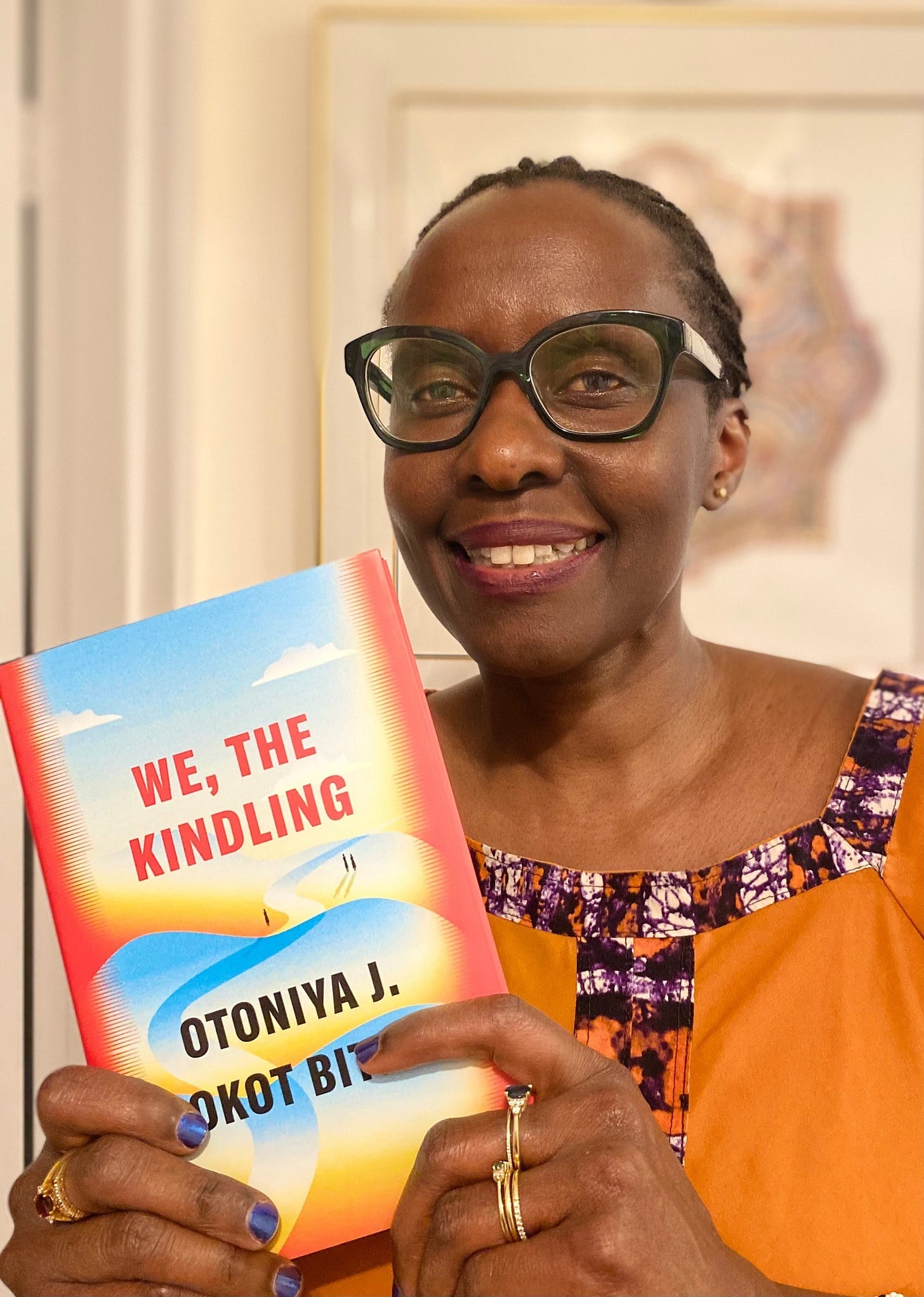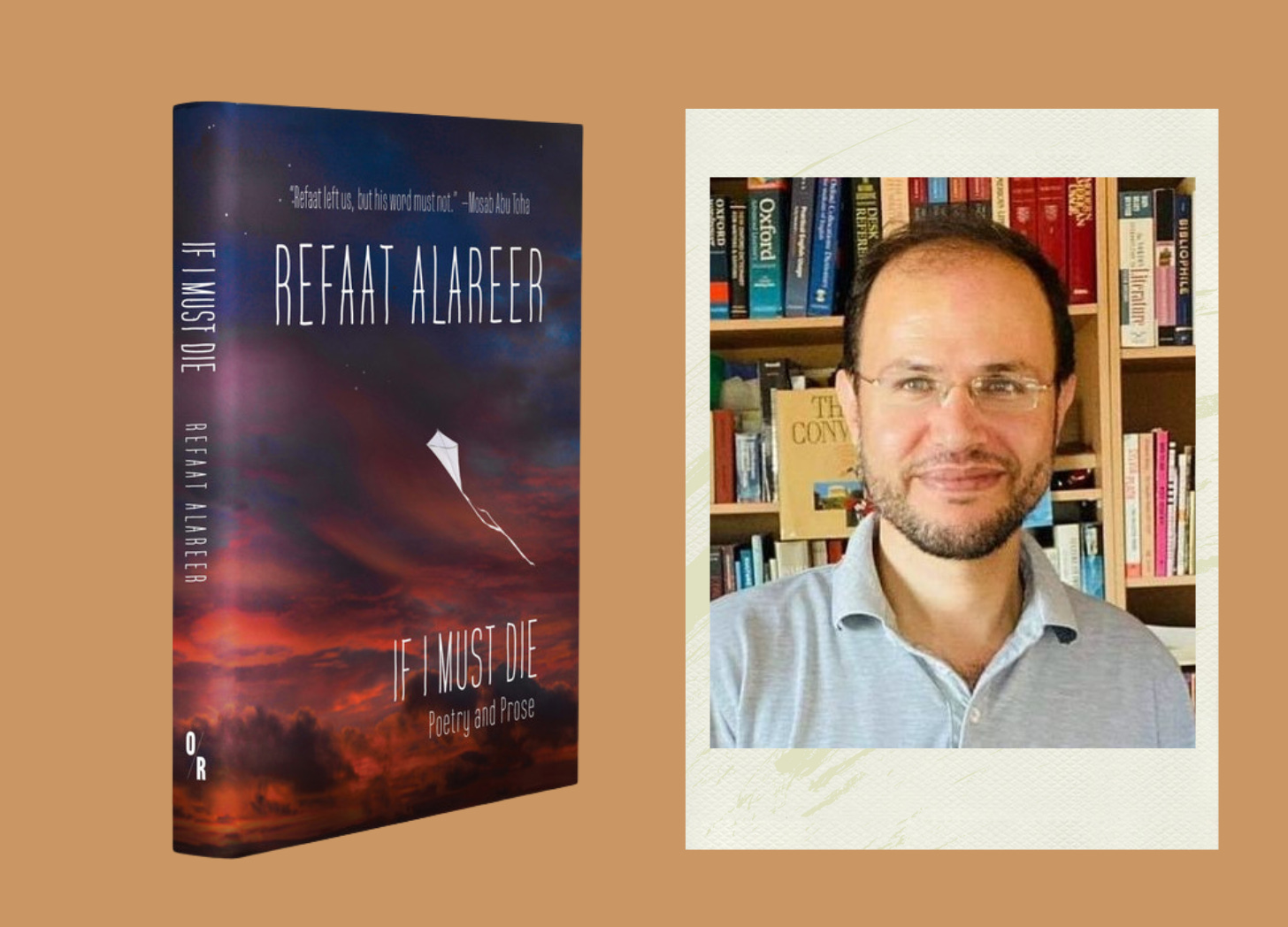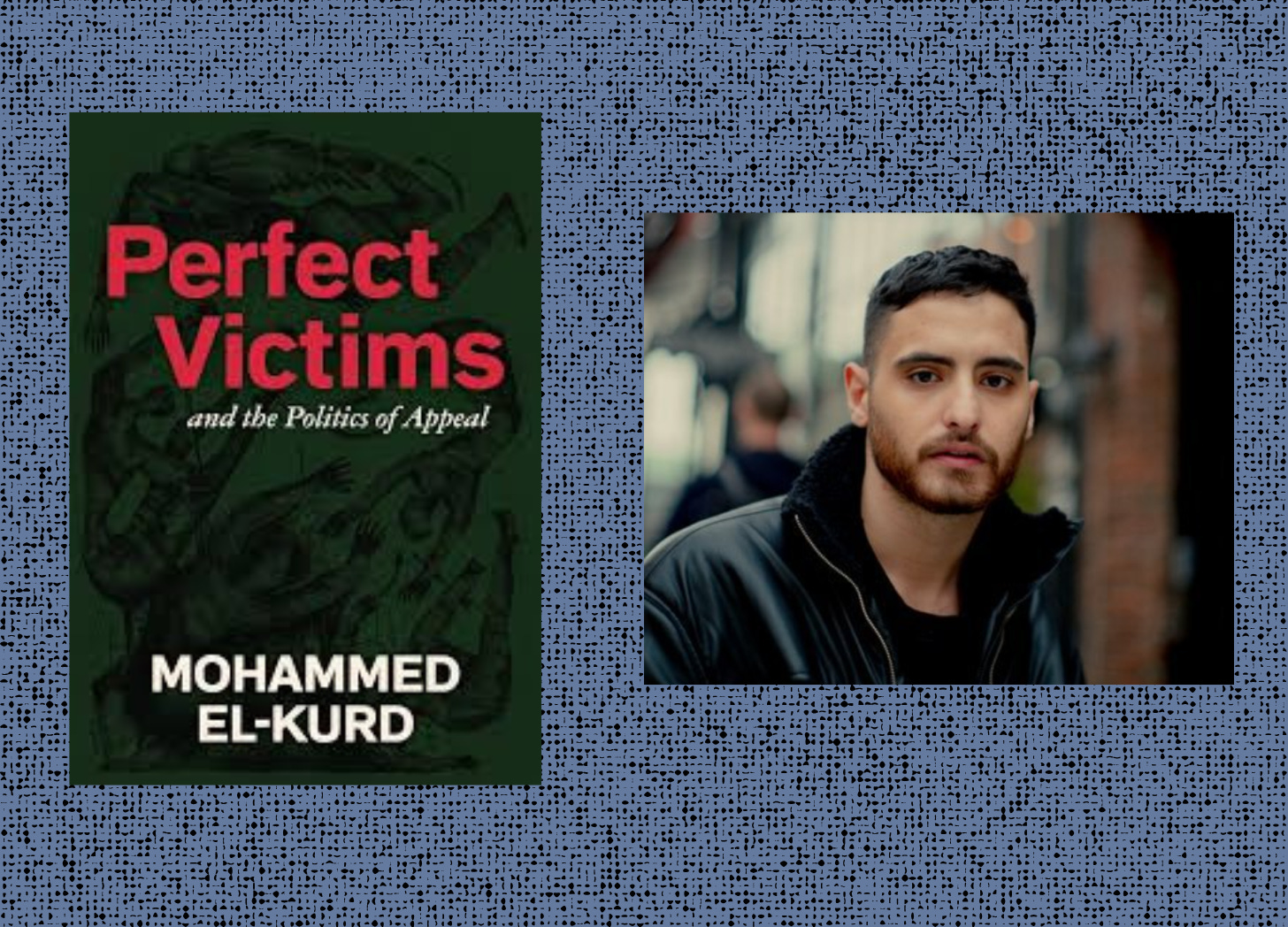Radical hope and gratitude
A book club on Mahmoud Darwish, commemorating one year of the ICJ case, and 5 books we must all read in 2025.
We have a ceasefire for Gaza. I have said and written these words before. While this is a huge relief on one level, I also woke up to the news that 87 people were killed right as the deal was signed and 23 of these were children. Cautious optimism and held breaths prevail because Israel and the US remain bad faith actors, and savagery has always been their modus operandi.
I cannot help but reflect on what happened one year ago this week. We all who care about Palestine watched in tears, shock and relief as South Africa presented a case at the International Court of Justice accusing Israel of genocide against Palestinians in Gaza. Unprecedented in its urgency and unmatched in argumentative bombast, the South African jurists argued that Israel is violating four articles of the Genocide Convention, and asked the usually slow-moving court to issue provisional measures to prevent genocide and ensure prompt humanitarian assistance to civilians in Gaza. The gripping and emotionally overwhelming presentation was live-streamed by a handful of channels, and quotes, images and memes from the three plus went viral on social media.
Two weeks later, the ICJ ruled that there was indeed a “plausible case” for genocide and asked that Israel ensure access to humanitarian assistance, to allow fact-finding missions, and international mandates seeking evidence, and that the military prevent evacuations and forcible displacement of Palestinians. None of this happened.
After a year of sustained efforts from the South African legal team that has included more filings and more rulings, violence continues and an atmosphere of despair still prevails when it comes to Palestine. But I want to honor the anniversary and extend my gratitude to this brilliant group of lawyers. South Africa's case against Israel has been a game-changer and has spurred several other investigations (United Nations, Amnesty and Human Rights Watch), and likely created pressure for the International Criminal Court to issue warrants against Benjamin Netanyahu and Yoav Gallant.
But the South Africa team’s hugest contribution has been granting the permission to use the term “genocide.” While ethnic cleansing, apartheid and settler colonialism were words used confidently with regards to Palestine, there was always trepidation around the term “genocide” given the weight it brings to the matter. But last year, the South Africans made a clear and well-evidenced argument, and gave us all a necessary education. They allowed the world to see and understand what genocide actually means, and made us feel legally and theoretically secure in deploying this term.
The wheels of justice move slowly and the fundamentally colonial nature of international law frameworks makes so much of this impossibly difficult. But the same cannot be same about the fast moving nature of the media. It is shocking at this point to see the Western mainstream media refusing to use the term “genocide” and refusing to engage with the multiplicity of reports and court cases, and the sheer evidence. The Western media’s open “aiding and abetting” of the genocide constitutes a criminal offense and now they are moving speedily towards another criminal act: genocide denial. 15 months later, this is where we are. We discussed all of this in some length at my weekly co-hosted podcast It’s Not You, It’s The Media. The episode is titled Why The Media Won’t Call it Genocide and hope you will take a listen:
Meanwhile, we continue to keep the faith. Energies are coming together, resistance keeps growing, solidarities are being strengthened, and the work goes on.
At the Radical Books Collective, we’re starting out strong with a collaboration with Workshops 4 Gaza. A dedicated and creatively structured organization, Workshops4Gaza organizes various workshops and events in order to raise money for Palestinians in Gaza. Not only have they put together an inspiring set of workshops, they have also raised an impressive amount of funds. I’m honored and excited to co-host a reading group on Mahmoud Darwish’s brilliant work of prose Memory for Forgetfulness about Israel’s brutal 1982 invasion of Lebanon, comparisons to which returned recently with Israel’s recent and sixth such invasion Lebanon in autumn of 2024.
I will co-host this session with my dear brilliant friend Suchitra Vijayan and we will meet online and in-person in New York. We meet on February 15th. Please sign up here. All proceeds from the registration will go to The Sameer Project which provides shelter and specialized support to displaced families in Central Gaza. When you buy the book, please make sure to purchase here at the Open Books site where the proceeds are being donated to a different Gaza initiative each month. Please come on out!
As for the rest of 2025, here are some of the books on my mind. I hope to organize book clubs and podcast interviews featuring the following 5👇🏿
We, the Kindling by Otoniya J. Okot Bitek
Author, poet and essayist Otoniya Juliane Okot Bitek has written her first novel and we cannot wait to read it. A story of three friends who survive capture by the Lord's Resistance Army in northern Uganda, this novel promises to tell a vital and often forgotten tale. When I ran Warscapes magazine, Okot Bitek was our frequent contributor and I have a deep familiarity with her writing style and her poetic oeuvre. There is no doubt that we are in for a literary treat since the storytelling will be complemented by a lyrical and innovative writing style. The novel will be released in February and we hope to organize a book club in late March. So pre-order away!
If I Must Die: Poetry and Prose by Refaat Alareer. Compiled & edited by Yousef Aljamal
Writer and beloved professor, Refaat Alareer was targeted and killed by an Israeli airstrike over a year ago in December 2023. He taught wrote extensively on literature, poetry and history. His prolific body of work has finally been compied by Yousef M. Aljamal, one of Refaat’s closest friends and collaborators. It is published by my favorite OR Books which also publish my Decolonize That! series. There has been a beautiful surge of activity to amplify the book and to skyrocket it to the top of bestseller lists. It seems to be working. I’m reading it right now and it is making me emotional but it is ultimately fortifying. Please order your copies here and stay tuned for a Radical Books Collective event around it very soon.
One Day, Everyone Will Have Always Been Against This by Omar Al Akkad
I had the luck of getting my hands on this amazing book in advance. Akkad is an acclaimed Egyptian-Canadian novelist whose last novel focused on the refugee crisis. Akkad’s sense of himself as a migrant, specifically a Muslim migrant, figures in this book that is part-memoir and part-journalism, and an attempt to witness and archive a year of genocide in Palestine. Akkad’s book is a howl of pain at what we have been watching unfold in Palestine while also a well argued accusation at the American empire and the trail of blood it continues to blaze. It all began with his viral tweet in October 2023 where he stated: “One day, when it’s safe, when there’s no personal downside to calling a thing what it is, when it’s too late to hold anyone accountable, everyone will have always been against this.” Hoping to host a conversation with Akkad in the coming year. Meanwhile you can order the book here.
Perfect Victims And the Politics of Appeal by Mohammed El-Kurd
Mohamed El-Kurd is a poet and activist whose family home was seized in Sheikh Jarrah by Israeli settlers in occupied West Bank when he was only 11 years old. He was featured in a documentary film about these brutal Sheikh Jarrah evictions and he has since continued to speak out against Israeli occupation. He published his first work of poetry Rifqa in 2021, and El-Kurd’s fierce and outspoke voice has become invaluable during last 15 months of Israel’s genocide in Palestine. His second book Perfect Victims will be in prose and promises to be a powerful indictment and testimony against the world’s desire to see Palestinians only as victims and as subjects of subjugation and death. I’ll try to get my hands on it very soon and we could all gather to discuss it at a book club. Pre-order here.
Bright Red Fruit by Safia Elhillo
Sudanese American poet Safia Elhillo’s first work of prose Bright Red Fruit came out last year and I am determined to bump it to my reading list this year. Better late than never. Elhillo’s poetry collection Home Is Not A Country was a YA novel in verse was widely praised. Her latest book is also YA and tells the story of teenager Samira coming of age as a slam poet. With a truly gorgeous cover and many rave reviews, the novel promises to be intense but also delightful. You can get your copy here.
Now you know all about what I have planned for the new year but the top priority is the Workshops4Gaza event so don’t forget to sign up. Another priority isto amplify my co-hosted podcast It’s Not You, It’s The Media. Its much more fast-moving than RBC so you can get some salty takes on the news cycle on our Substack and Instagram. We also got to do a joint interview over at The Consequence Forum so check us out there.
As we brace for a difficult year as tyranny and violence continues to come at us from all direction, let’s keep the focus and keep our radical faith, hope and gratitude alive.
Love and solidarity ❤️🔥
Bhakti Shringarpure











Thank you for this beautifully written post and for sharing these books. Love from the UK